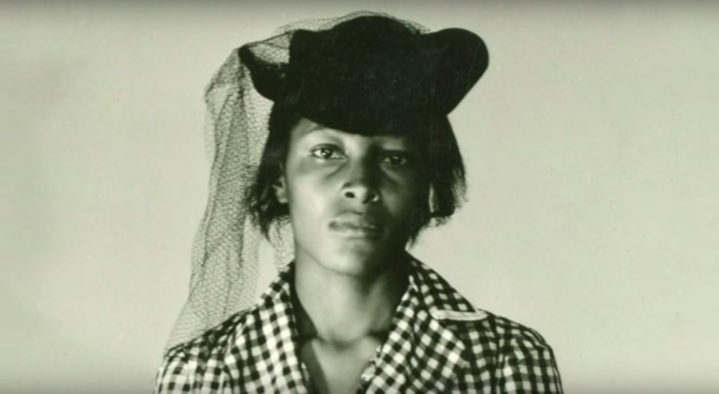At Filmhouse Tue 24 Jul 2018
This documentary centres around the gang rape of 24 year-old black mother Recy Taylor by six white boys in Huntsville, Alabama in 1944; focusing in particular on the involvement of future Civil Rights campaigner Rosa Parks and the black media in bringing the case to the attention of the state governor.
Buirski effectively uses a combination of interviews with Recy and her family along with archive news clippings and footage from black-made ‘race films’ to illustrate the ways in which black women were treated as objects in the segregation-era Deep South, as well as the lack of attention paid to the case by the white-owned national newspapers, leading to the black newspapers having to frequently highlight the case in order for it to be investigated.
In addition, Buirski uses the role of Rosa Parks, who met with Recy and subsequently raised support for her in her subsequent court case, to highlight the sizeable black female involvement in the later Civil Rights movement in the 1950’s and 60’s by showing footage of Parks’ later boycott of bus companies in Montgomery, Alabama.
However, the documentary also manages to shock the viewer, not through the description of Recy’s rape by her family members, but by showing the oblivious nature of the white interviewees; most of whom are relatives of the boys that raped Recy. Their ignorance of their brothers’ involvement in the rape and of the racism suffered by black people in Alabama during their youth makes it clear that the racism of the 1940’s is still alive and well in American society today.
The Rape of Recy Taylor is a powerful documentary that conveys the effects of a racist system on one woman’s life, as well as the start of a burgeoning movement that changed the face of America.
